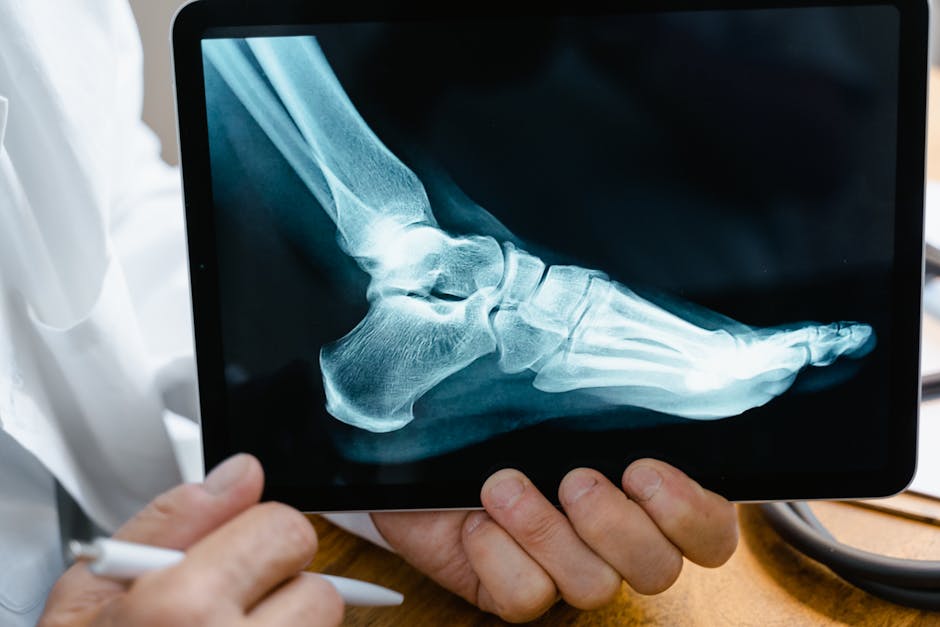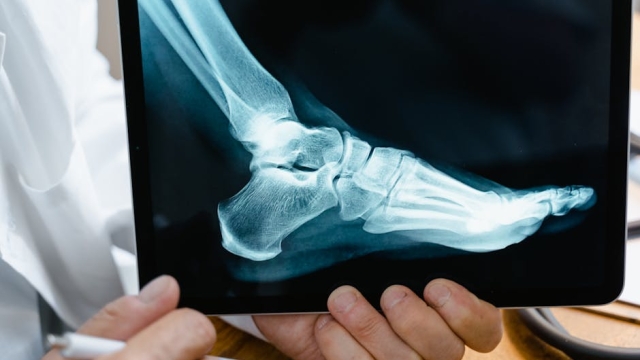
Holistic equine care represents a comprehensive approach to horse management that emphasizes the well-being of the animal as a whole. This method considers not just the physical health of the horse, but also its mental, emotional, and environmental needs. By integrating various practices and therapies, holistic equine care aims to optimize the health and performance of horses, fostering a deeper bond between horse and handler while promoting a natural lifestyle.
Understanding Holistic Equine Care: Principles and Benefits
At the core of holistic equine care is the understanding that horses are complex beings with interrelated physical, emotional, and social needs. This approach shifts the focus from merely treating symptoms of illness to addressing the underlying causes of health issues. One of the primary benefits of this method is its potential to enhance the horse’s overall quality of life, reducing stress and promoting longevity.
Holistic equine care encompasses various elements, including proper nutrition, regular exercise, mental stimulation, and alternative therapies. By taking into account the horse’s natural behaviors and instincts, owners can create an environment that supports the horse’s well-being, leading to happier, healthier animals.
Natural Therapies in Equine Care: A Deep Dive into Red Light Therapy
Among the many natural therapies available, red light therapy has gained recognition for its benefits in holistic equine care. This non-invasive treatment utilizes specific wavelengths of light to penetrate the skin and promote healing at a cellular level. It is often used to alleviate pain, reduce inflammation, and accelerate recovery from injuries.
The therapeutic effects of red light therapy can be particularly beneficial for horses that suffer from chronic conditions or those recovering from surgery. Additionally, this therapy can be integrated into regular care routines, offering a gentle yet effective way to support the horse’s health without relying solely on pharmaceutical interventions. For more detailed information on how red light therapy can enhance your holistic approach, visit this resource.
Integrating Nutrition and Wellness: The Role of Diet in Holistic Horse Care
Nutrition plays a pivotal role in holistic equine care. A balanced diet tailored to the individual horse’s needs is essential for maintaining health and preventing disease. High-quality forage, appropriate grains, and supplemental vitamins and minerals should be chosen based on the horse’s age, activity level, and health status.
Incorporating natural feeds and avoiding processed grains can also contribute to better digestive health and overall well-being. Additionally, hydration is crucial; ensuring that the horse has constant access to fresh, clean water supports all bodily functions and enhances the absorption of nutrients.
Practical Tips for Implementing Holistic Equine Care
For horse owners looking to adopt a more holistic approach to care, here are some practical tips:
- Evaluate the Environment: Ensure that the horse’s living space is clean, safe, and spacious, allowing for natural behaviors.
- Regular Assessments: Schedule routine check-ups with a veterinarian who supports holistic practices, including alternative therapies.
- Incorporate Movement: Provide opportunities for exercise and play, which are vital for mental and physical health.
- Nutrition Matters: Work with a nutritionist to develop a tailored diet plan that meets your horse’s unique needs.
- Explore Therapies: Consider integrating therapies like red light therapy, massage, or acupuncture into your care regimen.
Conclusion
Holistic equine care offers a balanced and comprehensive approach to horse management. By focusing on the whole horse—mind, body, and spirit—owners can foster a healthier and more rewarding experience for both themselves and their equine companions. Through the integration of natural therapies, proper nutrition, and a supportive environment, the benefits of this approach can lead to enhanced performance and a deeper bond between horse and handler.
| Aspect | Holistic Approach | Traditional Approach |
|---|---|---|
| Focus | Whole horse well-being | Symptom treatment |
| Nutrition | Natural diet | Processed feeds |
| Therapies | Alternative options | Conventional medications |
| Environment | Natural behaviors | Restricted space |
